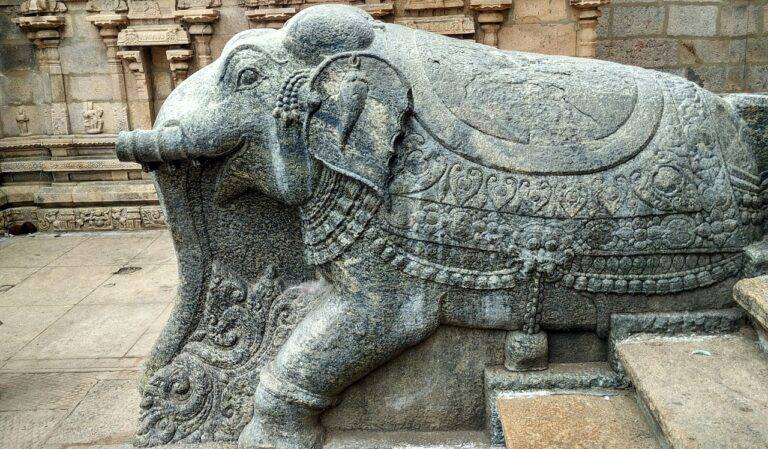Examining the Role of Third-Party Candidates in Elections
Third-party candidates have played a crucial role in shaping the political landscape throughout history. From Ross Perot in the 1992 presidential election to Ralph Nader in 2000, these candidates have often influenced the outcome of elections by attracting voters who may not align with the two major parties. Their presence has pushed important issues to the forefront of political discussions and forced traditional parties to address concerns that might have otherwise been overlooked.
Furthermore, third-party candidates have been instrumental in introducing new ideas and perspectives to the public discourse. By offering alternative solutions to complex problems and challenging the status quo, these candidates have sparked debates and brought attention to issues that may have been neglected by the dominant parties. Their impact extends beyond individual races, serving as catalysts for political change and encouraging a more diverse range of voices in the democratic process.
The Challenges Faced by Third-Party Candidates
Third-party candidates often encounter numerous hurdles when attempting to run for political office. One of the primary obstacles is the limited access to resources and funding compared to major party candidates. Without the backing of well-established party structures and wealthy donors, third-party candidates struggle to compete on a level playing field in terms of advertising, campaign staff, and overall infrastructure. This financial disadvantage can significantly hamper their ability to reach a wider audience and convey their message effectively, resulting in a decreased likelihood of electoral success.
Moreover, third-party candidates face institutional barriers such as restrictive ballot access laws and exclusion from debates and media coverage. Many states have stringent requirements for third-party candidates to appear on the ballot, including gathering a large number of signatures or meeting specific registration deadlines. These strict regulations make it challenging for third-party candidates to gain ballot access, limiting their visibility and reducing their chances of appealing to voters. Additionally, major party dominance in debates and media attention often marginalizes third-party candidates, preventing them from engaging in meaningful discussions and gaining public recognition.
Why is it important to consider third-party candidates in elections?
Third-party candidates play a crucial role in promoting diversity of ideas and providing alternative choices to voters in the political landscape.
What are some common challenges faced by third-party candidates?
Third-party candidates often face obstacles such as limited access to media coverage, fundraising difficulties, exclusion from debates, and a lack of voter awareness about their platforms.
How have third-party candidates historically impacted elections?
Third-party candidates have influenced elections by raising important issues, shifting the focus of political discourse, and sometimes even playing a spoiler role by drawing votes away from major party candidates.
Are third-party candidates able to win elections?
While it is rare for third-party candidates to win major elections, they can still have a significant impact by shaping public opinion, influencing policy debates, and holding major parties accountable.
What can be done to support third-party candidates in overcoming these challenges?
To support third-party candidates, efforts can be made to increase their visibility, level the playing field in terms of debate participation and ballot access, and encourage voters to consider all available options before casting their ballots.





